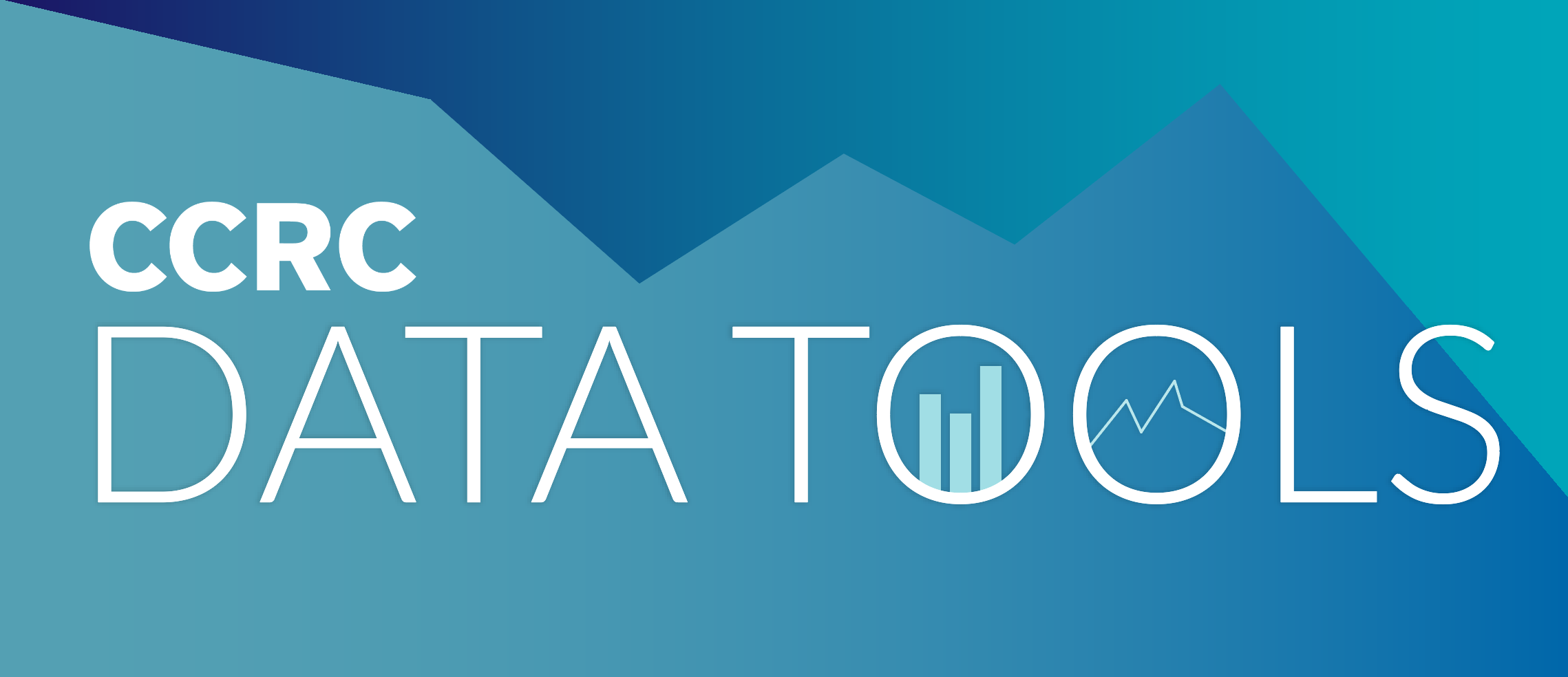The FAFSA Simplification Act was a new beginning in the world of financial aid. There hadn’t been any substantial changes made to the FAFSA in 40 years, and there were hopes that this new form would be easier for students and their families to fill out. These hopes were replaced with frustration after a two month delay, technical difficulties, and the rollout of a form that was inaccessible for many families. As a result, fewer high school seniors have filled out the form compared with last year and concerns are growing about whether the problems will continue into this coming year.
The FAFSA Simplification Act streamlined the form, expanded aid eligibility to more students, and reworked the formula used to estimate aid. The top complaints about this new FAFSA surround the changes made to the parent contribution section. A parent or guardian is required to fill out a section of the form confirming their tax information and other financial details. However, parents who didn’t have Social Security numbers weren’t able to fill out the online form until April 30, the day before college enrollment deadlines. The paper version of the form was an option for these families, yet this alternative had its own problems since it took even longer for these forms to be processed.
Andrew Wong, a senior at Hunter College helped students at the Arts and Design High School in Manhattan fill out the FAFSA this year as a coach with CUNY FAST, a program launched in April in response to the FAFSA delay to help current and future City University of New York (CUNY) students with financial aid applications.
“The paper forms were the last resort, but it got to a point where our school started running out of paper because we had to print out so many,” he said.
Through CUNY FAST, financial aid coaches like Wong are available to students through one-on-one texting or at events hosted by the program. Wong saw firsthand the difficulties students faced as they tried to complete their FAFSA forms.
“It was like, every other day the website’s down,” he said. “Every other day, you can’t log in. Or your account just doesn’t exist. There were a lot of technical issues we had to go through.”
On top of technical issues, some students weren’t able to get the information they needed from their parents. Charlene Alloteye, a 20-year-old nursing major who plans to start her first semester in the fall at Hostos Community College, was very frustrated with the form when I spoke to her at a recent CUNY FAST event at Hostos.
“I hate it because my parents are overseas,” she said. Without her to guide them, Alloteye’s parents weren’t able to understand what the form was asking and she had to turn to her school for help. “Take that off,” she said of the parent section of the FAFSA. ”A lot of students don’t have their parents here!”
Toya Pigford-Konate, associate director of financial aid at Hostos, didn’t have much difficulty filling out the FAFSA with her daughter. However, she felt that it was not as accessible as it should be for non-English speaking families.
“If you’re not acculturated to the terminology that’s on the FAFSA, how can you possibly navigate it?” she asked.
The form can also be difficult for parents who might speak English but aren’t necessarily tech savvy enough to fill out the online application without help, Pigford-Konate said.
The change to the FAFSA has also had a major impact on colleges. The delay in getting information from the Department of Education slowed down the creation of financial aid packages detailing how much aid students would receive. Colleges had to put off their admission deadlines, and strengthen the financial aid resources available to students.
David Woods, the financial aid director at Bronx Community College (BCC), said the college actively reaches out to its students to make sure they’ve filled out their FAFSA by calling and emailing, and through registration drives with CUNY FAST. He’s optimistic about BCC’s ability to help their students with next year’s FAFSA, even if the rollout faces similar problems.
“We plan to continue to work with the CUNY FAST team for the ‘25-’26 year, holding registration events for students every semester so they can complete their aid for the new year,” he said. “Also, we will be transparent with all students regarding any issues with future rollouts. We want to make [sure] all students are well informed so they can make the best decisions for their financial futures.”
The Department of Education has officially confirmed that the rollout of next year’s FAFSA will be delayed. The Department expects to do a soft release of the form, similar to last year, with only a few colleges testing the initial form out for any issues. December 1 is the intended release date once again, possibly delaying when financial aid packages will be available for students.
Judith Scott-Clayton, a senior research scholar at CCRC who has done research on FAFSA simplification and possible alternatives to the form, said the Office of Federal Student Aid has been underfunded majorly in their recent budget requests.
“There was just so much partisanship that the Department got underfunded majorly in every one of their budget requests,” Scott-Clayton said. “They basically had very flat funding and just didn’t have the resources. And at some point, it’s not rocket science. If you don’t have the person power, and you have a super complicated task, it becomes a structural issue that leads to mistakes being more likely.”





